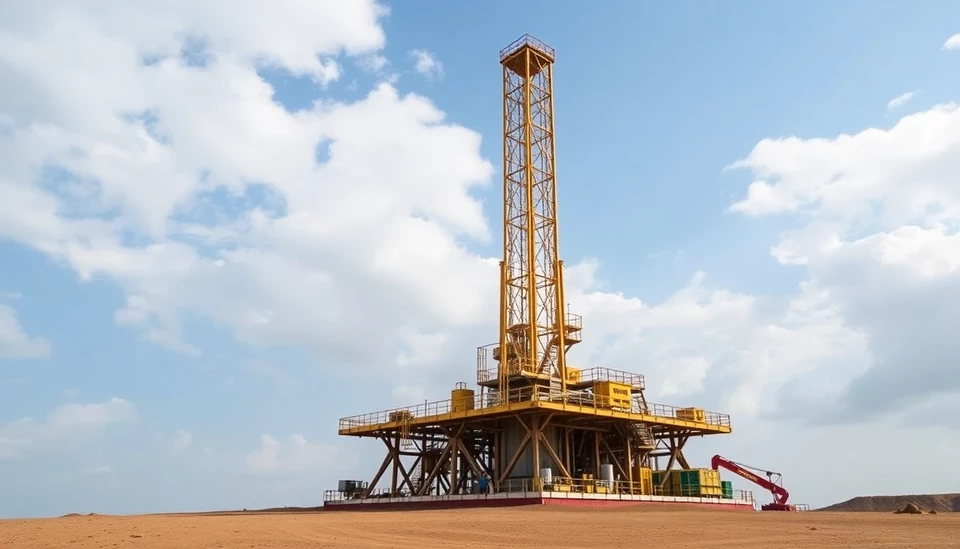
In a decisive move to tackle the soaring inflation that has gripped the nation, the Central Bank of Angola has announced its decision to hold the benchmark interest rate steady at 19.5%. This decision comes amid ongoing economic challenges and is aimed at stabilizing the financial landscape of the country.
The current inflation rate in Angola stands at a significant 16.5%, a stark increase from 12.2% recorded just two years prior. This persistent upward trajectory has raised alarm bells within the government, prompting the bank to adjust its monetary policy strategy in an attempt to rein in prices and manage economic expectations.
Central Bank Governor, José de Lima Massano, emphasized that while inflation pressures remain high, the current interest rate level appears necessary to maintain economic equilibrium. He noted that the prevailing credit conditions and other economic indicators justify the retention of the key interest rate, which has remained unchanged since April 2023.
The decision to keep the rate at 19.5% reflects an ongoing commitment to curb inflation in a country undergoing significant transformation. Despite efforts to implement fiscal reforms, inflation continues to impact the purchasing power of ordinary Angolans, creating challenges for both consumers and businesses alike.
Furthermore, Massano highlighted the need to monitor external factors that could exacerbate inflationary pressures, including fluctuations in the global commodities market and ongoing supply chain disruptions. These external variables play a crucial role in Angola's economic stability, given the country’s reliance on oil exports and mineral revenues.
Looking forward, the Central Bank is poised to remain vigilant as it navigates the complex intersection of domestic monetary policy and international economic trends. The bank has signaled its readiness to adjust rates if future economic conditions necessitate such action, underscoring its agility in responding to shifting inflation dynamics.
This conference that accompanied the decision was not only a response to domestic economic factors but also a platform for the Central Bank to engage with stakeholders about broader economic policies that could foster long-term stability and growth in Angola.
As Angola looks to stabilize its economy, the ongoing discussions surrounding interest rates and inflation will likely remain at the forefront of economic policy strategies, aiming to create a conducive environment for investment and sustainable development.
For now, the Central Bank's latest action serves as a measured approach to balancing short-term economic pressures with the overarching goal of sustainable growth.
#Angola #InterestRate #CentralBank #Inflation #EconomicStability
Author: Rachel Greene




